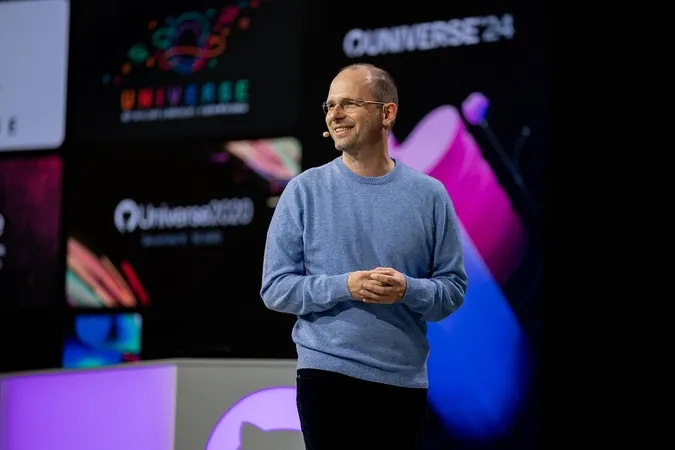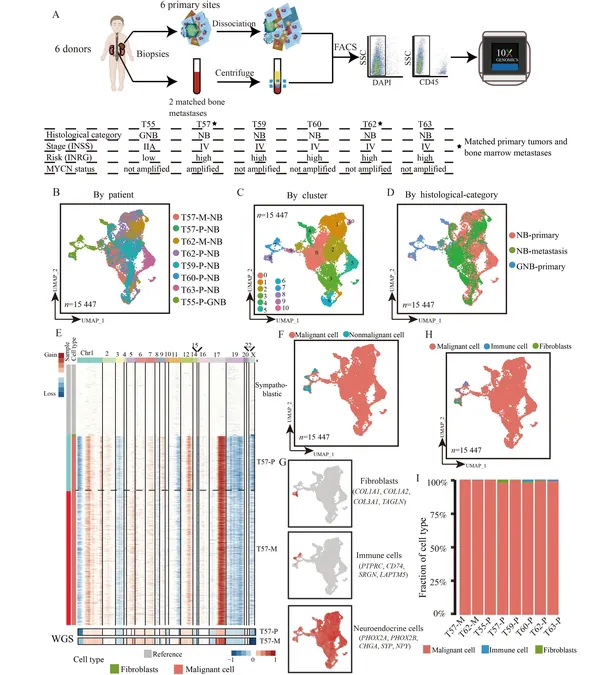
Singapore Emerges as a Coding Hub, Ranking 9th Globally in AI Development, Reveals GitHub Report
2024-10-30
Author: John Tan
Singapore's Coding Boom
In a remarkable shift towards digital innovation, Singapore is home to over 1.3 million active coders, a substantial figure considering its population of six million. This coding boom is attributed to a staggering growth rate of 28% in the past year, strengthening Singapore’s position as a global leader in technology development.
Global Ranking and AI Contributions
Recent findings from GitHub’s annual Octoverse report reveal that Singapore ranks ninth worldwide for contributions to artificial intelligence (AI) projects. A notable 9,700 coders in Singapore have significantly contributed to various AI initiatives available on the platform. The report, unveiled at the GitHub Universe conference in San Francisco, highlighted a remarkable 59% surge in contributions to generative AI projects and a staggering 98% increase in the total number of AI-related projects globally.
Government Initiatives and GitHub Innovations
The advancements in Singapore’s coding community come on the heels of governmental initiatives aimed at enhancing AI literacy and skills among local workers and students. GitHub's CEO, Thomas Dohmke, emphasized the importance of providing developers with diverse tools. At the conference, he announced new features, such as selecting large language models from reputable sources like Anthropic, Google, and OpenAI for GitHub Copilot, the platform’s AI coding assistant.
Dohmke also introduced GitHub Spark, a groundbreaking tool that enables users to create web applications using natural language prompts. This innovation aims to break down barriers for non-technical individuals, facilitating broader participation in software development. 'For too long, there has been a solid barrier preventing many from creating software,' he stated. With tools like Spark, even those without extensive coding knowledge can engage in tech creation.
GitHub's Growth Strategy
GitHub's commitment to accessibility is clear as it strives to grow from over 100 million users towards a target of one billion by 2030. The platform is observing a rise in usage among non-English speakers, reflecting an increasing global interest in multilingual coding tools.
Local Coding Community and Job Market
Sharryn Napier, GitHub’s VP for Asia-Pacific, noted that Singapore’s coding community is witnessing a surge, with many newcomers exploring programming. As companies seek AI expertise in their software development teams, jobs requiring these skills are on the rise. This trend may bolster local hiring practices, as organizations may prefer hiring Singaporean talent to meet their developmental needs.
Pricing and Accessibility
Despite the introduction of these new tools, GitHub has assured no immediate increase in pricing. Current subscription rates stand at US$10 per month or US$100 annually for individuals, and US$19 or US$39 for businesses, with free access for students and educators.
Developer Engagement and Productivity
Analysts also find GitHub’s approach to enhancing developer experiences noteworthy. Bola Rotibi, founder of Creative Intellect Consulting, observed that these changes are incentivizing developers to engage more with the platform. If these AI tools can reliably assist users in generating quality code efficiently, they are likely to be embraced wholeheartedly.
Microsoft Collaboration and Revenue Growth
As GitHub continues to intertwine its strategy with Microsoft’s vision, CEO Satya Nadella highlighted Copilot’s significant contributions to productivity, reporting enhancements of up to 42% for coding teams using the tool. GitHub’s revenue generation is projected to reach US$2 billion, underscoring its growth trajectory since Microsoft's acquisition in 2018 for US$7.5 billion, when GitHub reported around US$300 million in revenue.
Shifts in Programming Languages
The report also noted a shift in programming languages, with Python surpassing JavaScript as the most popular coding language on the platform and a 92% increase in Jupyter Notebooks usage—a clear signal of the growing interest in data science, AI, and machine learning.
Future of AI Tools and Coding
Addressing conference attendees, Dohmke heralded a new era for AI tools, where developers will interact with advanced AI assistants capable of understanding context and executing tasks autonomously. This evolution in AI suggests that coding could become more intuitive and accessible, further encouraging innovation and creativity across sectors.
Conclusion
With initiatives like these, Singapore solidifies its status as a dynamic tech hub, ready to embrace the future of AI and programming.






 Brasil (PT)
Brasil (PT)
 Canada (EN)
Canada (EN)
 Chile (ES)
Chile (ES)
 España (ES)
España (ES)
 France (FR)
France (FR)
 Hong Kong (EN)
Hong Kong (EN)
 Italia (IT)
Italia (IT)
 日本 (JA)
日本 (JA)
 Magyarország (HU)
Magyarország (HU)
 Norge (NO)
Norge (NO)
 Polska (PL)
Polska (PL)
 Schweiz (DE)
Schweiz (DE)
 Singapore (EN)
Singapore (EN)
 Sverige (SV)
Sverige (SV)
 Suomi (FI)
Suomi (FI)
 Türkiye (TR)
Türkiye (TR)